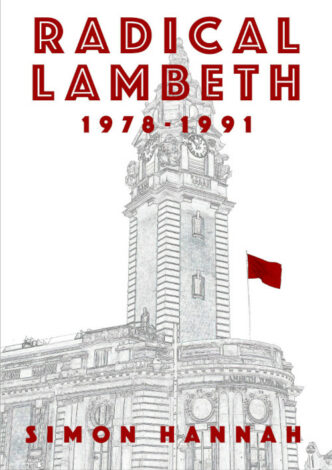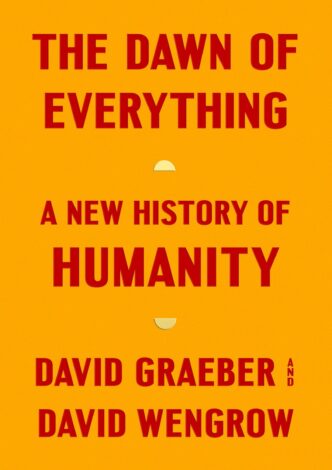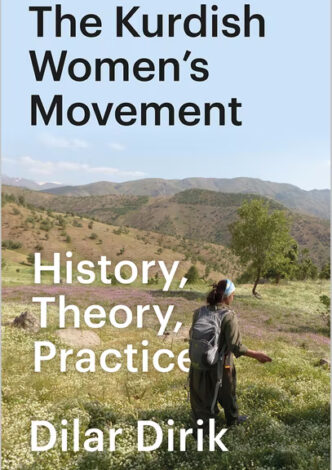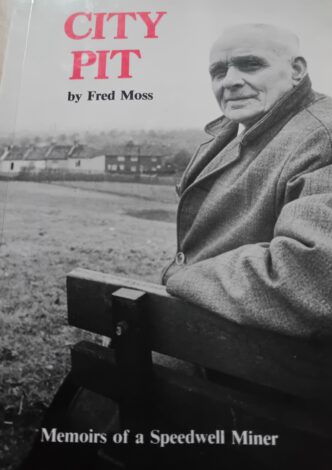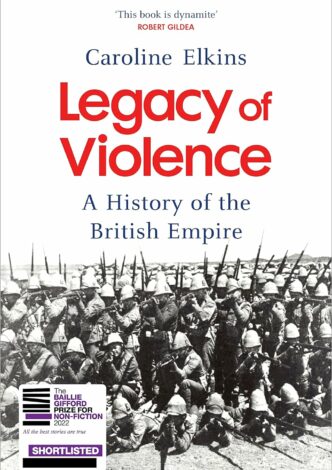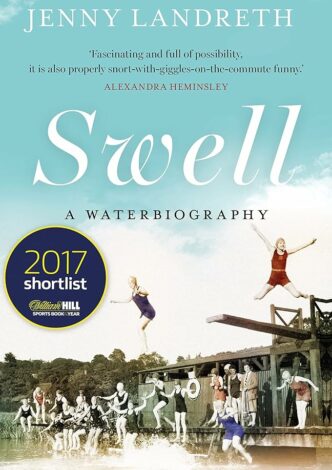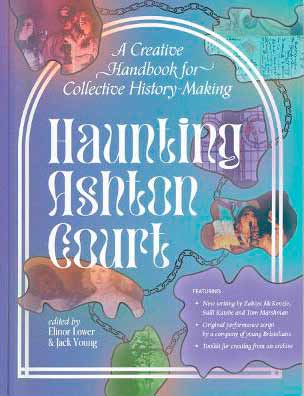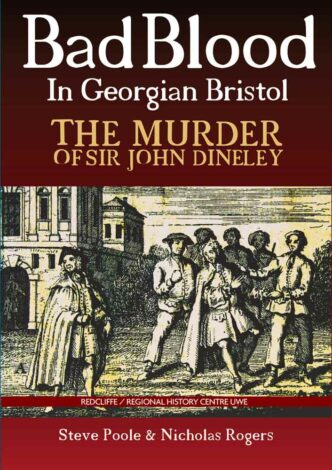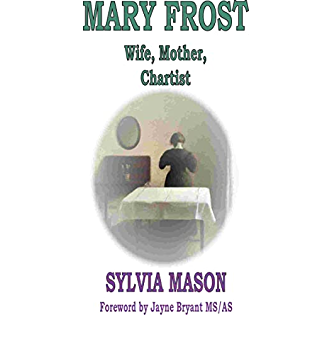Radical Lambeth 1978-1991
By Simon Hannah
This eminently readable and thoroughly researched book offers an insight to the rollercoaster ride of the London borough of Lambeth in the 1980s. For the whole of local government, the 1980s brought immense challenges. Under enormous pressure from the Thatcher administration, which stripped very substantial finance from councils, local government faced impossible challenges. But the story of Lambeth, as told by Hannah, offers a detailed insight into attempts to maintain local services, keep […]


